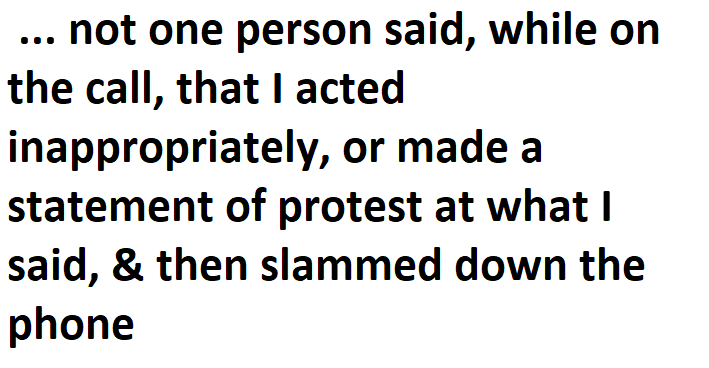I often think of how chaotic the criminal justice would be if people could use any defense that a chief executive tries to float … I mean, yeah, I robbed that bank. But not a single person there stopped me to point out that robbing a bank is illegal. So, obvs, robbing banks is a perfect banking trip. Top notch, did nothing wrong.
Tag: criminal justice
Private Prisons
I wonder how much privatization of prisons has contributed to police violence. The American health care system optimizes profit by creating take-two-a-day-forever pills to manage symptoms rather than curing people. Many years ago, Scott’s annual check-up revealed high cholesterol. Lipitor, the doctor said, would fix that right up. And it’s cheap — especially if insurance covers it — so why not try it? The doctor went on to tell him that lifestyle changes might produce a slight reduction, but the drug would work miracles. Give it a month or two, you’ll see. Instead of taking the medication, we spent some time researching which lifestyle components would most significantly increase his cholesterol. Identified one and changed it. I’m certain the drug would have worked faster, but his cholesterol level at the next annual checkup was in the healthy range. No medication required.
Creating a profit motive for increasing prison populations could encourage a criminal justice response — respond to mental health issues with incarceration, respond to poverty with incarceration. In fairness, though, there’s a long history of incarceration-instead-of-social-changes — Jean Valjean. It’s an easy solution — just like popping Lipitor would have been an easy solution. And people (individuals, businesses, governments) like easy solutions. But there seems to be a logical correlation between for-profit prison systems, campaign finance, and high levels of incarceration. Just like we’re seeing stories about drug companies encouraging doctors to write prescriptions for their medication. Not just their as opposed to another brand (especially since there are a decent number of drugs without competitors), but writing prescriptions for *medication* at the slightest provocation.
Reasonable Doubt
America need an org that identifies police misconduct instead of DNA testing and will file motions for new trials to present the perfectly reasonable argument that flagrant misconduct is likely not an isolated incident. Somewhat like Project Innocence, but with a different basis for their requests.
Bond
Cleveland Scene provides an interesting look at the bail process — something I think a lot of people don’t have any experience with — and an organization that pays bail for individuals who cannot afford it. I didn’t realize bond had fees. Which is, I admit, because I’ve spent more time watching some guy on A&E chase down fugitives than I’ve spent thinking about the bail bond business model. I’ve bailed a few friends out – it’s been years, but I think I had to swing by the bank and get actual cash instead of a cheque. But that’s the sum of my experience — friend did something silly and illegal, spent a few hours between the courthouse and jail, and I swung by with cash. They go to the trial, get their fine / community service assigned, and the gov’t posts me a cheque.
Now, I realize bail bond providers are operating a business. And there’s no way that my model where I hand over a grand and get a grand back six weeks later is a valid business model. But it’s always been in my head that bond is like 10% of the bail, so for a 5k bail, you temporarily need to come up with 500$. You need to come up with 500$ today, which may not be possible. But you also get back 90-95% of that five hundred bucks. And that’s how the bail bondsman earns money.
